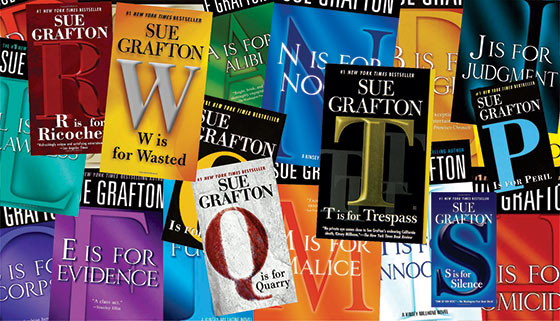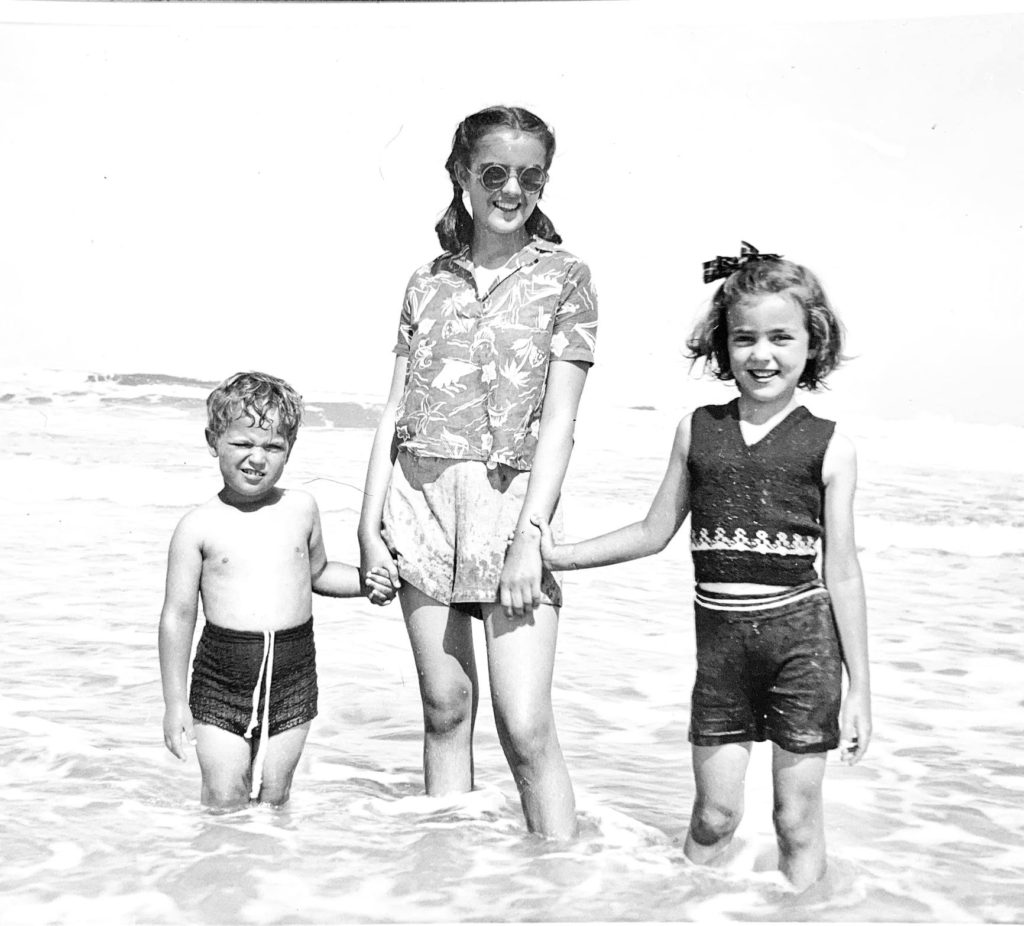So, this is unpleasant.
https://www.addictioncenter.com/drugs/social-media-addiction/
Read this thing and shudder uncomfortably. I’m reminded of those t-shirts that celebrate wine and coffee addiction, and the Onion headline, “I’m like a chocoholic–but with alcohol.”
One can sense a near future where people look back on the social media of today the way we recoil in horror from turn of the century celebrants downing glowing radium cocktails.
Radioactivity was new, see? Why would anyone think it could hurt them?
So we look back at addiction, at the one we all know about, and see social media addiction through that bleary eyed lens. We’re chocoholics. We do this every day. For quite a bit of time. But we could quit whenever we want. And we know when to draw the line.
And we’re not hurting anybody. Except ourselves, and then… who is to say? Only ourselves. And that’s the problem.
My parents drank enough, every day, to get a decent buzz on for maybe sixty five years.
My Dad quit for a few years, after a disastrous party where he embarrassed my mother suggested his liver was dying. When he started drinking again two years later, he cut out all hard liquor. He downed shitloads of wine. This worked, if by working you mean avoiding DUIs, embarrassing parties, and making it to age 86 in reasonable health. So. Mission accomplished, right?
Right?
My parents did not identify as alcoholics. AA had been founded the year before my father was born, in 1935, but neither of them would have ever dreamed of attending a meeting.
Sixty percent of the country drinks nothing or a drink or two a week. Another thirty percent are somewhere near the two or three drinks a day line we collectively shrug at, and the top ten percent drink about 10 drinks a day or more.
Where’s the line? Where does problem drinking start? Professionals generally talk about drinking impacting life in negative ways, often health related, without getting at the deeper question, which is what the hell is life for, and what should a drinker be doing instead?
Behavioral addictions often have relatively minor health consequences; professionals look at other consequences to measure the damage done by gambling, say, or sex addiction.
But when it comes to social media? If you’re not looking at the damn phone while driving, or walking, it’s physically safe as houses, as that’s where you do it, often, in your house. What if the real life it displaces was getting soused in bars? Having unsafe sex in bathroom stalls? Skydiving? Hmm?
My parents never missed a day of work from drinking. They never crashed a car. Never got a DUI. Never seemed to suffer social issues. Enjoyed the rock solid marriage, drinking together. They had successful, professional careers, earned Ph.Ds, owned homes, and put an ungrateful kid through college. They left their kids a decent sized chunk of change, after dying in their late 80s after a few weeks of illness, each.
How could anyone say their drinking was a problem?
So we wind our way around to sex, video games, and social media.
As my Mother declined, and I cut her wine to a half bottle a day, which she would sometimes forget she’d had as she asked for more, she told me that drinking was the last thing that made her feel like a person.
So, I think, the hardest part about social media addiction, which addiction specialists suggest about one or two in ten americans could reasonably see themselves as having (the same goes for alcohol, by the way) is what the hell do you want to do with life, really, and why is that thing better, more worthwhile, than Facebook or Instagram or Twitter?
The question isn’t wether you’re addicted to social media. The question is what do you want to do with your life and are you doing it?
Riddle me that, Batman.
Bottom line, you gotta know what you would rather be doing, and you can’t be wishy washy about it; you can’t hope it emerges out of the fog of withdrawal, because let me tell you, the withdrawal, for some, for me, is real and it’s fucking awful.
I’m unclear what my life is for at this point.
This is a fucking nightmare. The social media, maybe, is just a greek chorus.

